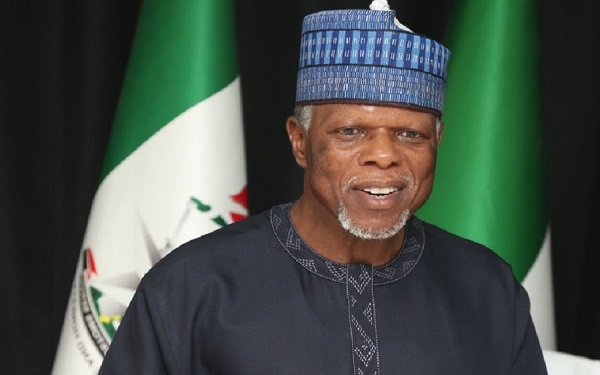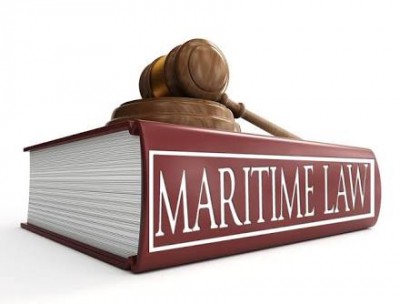Telecom Duty: Customs Killing Nigerians On the Altars Of Revenue Generation

The rush to swell revenue without giving consideration to the economic implications on the already overburdened citizens smacks off gross insensitivity on the part of the Nigeria Customs Service (NCS.) As argued by experts, it’s like robbing peter to pay Paul, creating competition where none exist.
While Customs is concerned with raking in more revenue for the government as proposed by extending its hand to the telecom sector, it should also take into cognizance how this move would ultimately fall back on the masses who in all cases ,and most of the times are made the scape goat of government financial recklessness.
The agency recently recorded a whooping N1.292 trillion as revenue into the federation account between January and June, 2021 by 28.83 percent. The agency has also stated that it will commence the collection of duty from Telecommunications Operators on products like voice call, data and other digital services. As already made known by the National Public Relations Officer (PRO) of NCS, Deputy Comptroller Timi Bomodi, who informed that the agency has begun the necessary modalities that will enable it collect duties from Telecom operators. Invariably, telecom users will have to pay more for voice calls, data and short message service (SMS) once the process takes effect.
Already, there is a global economic down turn and countries are creating strategies to help reduce the effect on its citizens. On the contrary, Nigeria Customs Services (NCS) is on the path of inflicting more pains on the Nigerian masses all in the quest for more revenue. The question is :Must we sacrifice the lives and well being of Nigerians on the altars of revenue drive and generation?
Earlier this year telecom operators under the auspice of Association of Licensed Telecommunication Operators of Nigeria (ALTON), wrote to Nigeria Communication Commission (NCC) requesting for a 40 percent hike in tariff. Alton complained of the tough realities confronting operators and solicited for regulatory intervention to address the plights of its members. What became of that proposal is still not clear till date, even though it appears that the rate for voice calls may have gone up unannounced. The Federal Competition and Consumer Protection Commission (FCCPC) is also not meeting up to expectations on its statutory mandate. A striking irony of the commission that claims to monitor and modify behavior of service providers and manufacturers is that the commission does so mostly when a complaint is lodged. Regrettably, not many of such consumers’ rights that are abused, denied or altered find their way to the commission’s desk. The inability of the commission to detect a possible clamp or what is fair to consumer and bargain in that direction on their behalf is why most businesses don’t hesitate to take most consumer unfriendly decisions. Essentially,if government agencies rely on indiscriminate levy, duties and taxations on the people as an avenue for increase of revenue for the government, it becomes important that they should fashion other less harmful means of doing that instead of adopting measures that cause more harm than good to the government. At the end of the day, it is simply compounding the economic misery of Nigerian households and businesses. While minimum wage has remained stagnant at N30,000 and inflation rate as at July l is 19.64 percent ,the highest since September 2005. Also, as reported,by the National Bureau of `Statistics (NBS); Consumer Price Index (CPI) increased to 463.60 points in July from 455.40 points in June 2022. Already, there is 40 percent unemployment projection by the year 2023 as captured by Trading Economics by using its econometric models. All economic indicators clearly reveal economic misery faced by Nigerians,yet government agencies are bent on harnessing more avenues that will compound the people’s misery. The NCS should reconsider the economic implications of wanting to begin the collection of duties from telecom operators particularly at a time like this. Before now, Nigerians pay tax in the form of VAT for calls and SMS while the need and rush to embark on the collection of duty at the cost of the end-users.
The telecom operators must also wade in to help protect their consumers in any way they can. ALTON as a body should be able to make the authority realize the critical economic situation affecting the operators and why such move will not augur well for operators.
The Nigeria Communication Commission (NCC) had earlier rejected ALTON’s proposal for hike in tariff and should not hesitate to do the same in a moment like this.
The FCCPC though appears handicapped, must strive to meet up with its statutory mandate and reject multiple taxation in whatever form.
The large chunk of the work falls on the legislative to look into the Custom and Excise Management Act (CEMA) and make changes where necessary to avoid over taxing the masses with the thinking that the agency is generating more revenue.
From all indications, it appears we are about to witness the proverbial robbing of Peter to pay Paul. Or what can we call this?







